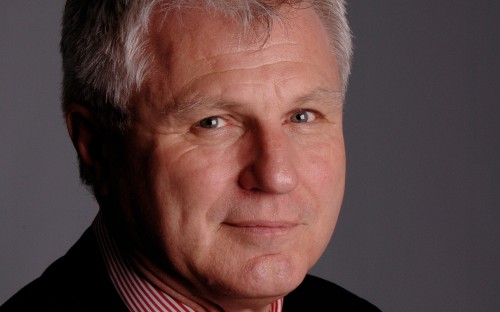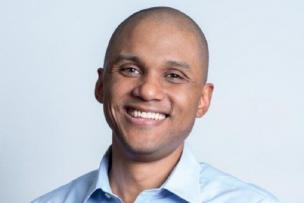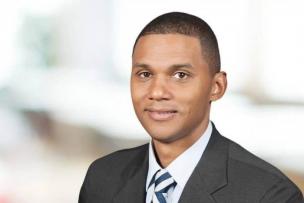This week we talk to Simon Lovegrove, a founder and director of London-based M Health International Limited, a firm that manages major healthcare projects with a focus on emerging markets.
The firm’s expertise is in designing and building facilities in partnership with hospital architects and building contractors, but over the years Simon has been involved in everything from raising financing to national healthcare policy.
Amongst its projects, M Health International Ltd (MHIL) has led the commissioning and operation of The Alexandra Hospital in Manchester and the private wing of Guys Hospital in London in the UK; managed the design and build of private hospitals in Vietnam, Nigeria and Kuwait; set up an investment fund for a group of private hospitals in Indonesia; and led a study into using private finance to re-develop the 1,311 Central Military Hospital in Budapest, Hungary. MHIL was then appointed by the Hungarian government to implement the financing plan, working with US investment bank Warburg Pincus.
What does M Health International do?
We are a healthcare management company, our main strategy being to reverse the flow of people who travel to other countries for treatment and care by developing and operating high-end private hospitals in emerging countries that are of equal or higher standard to those to which people travel.
We also work on other areas of healthcare, including assisted living, care of the elderly and prevention services
How long have you been with the firm?
The company was formed in 2007 and I was the founder-director. I worked in similar companies prior to that
What's your professional and educational background?
I started life in marketing and advertising before joining a small healthcare construction company of which I eventually became CEO
You operate in countries from Sweden to Zambia. What's the difference between the work you do in developed and developing countries?
Our main activity is in emerging countries (emerging being defined within the healthcare sector rather than general). We have worked in developed countries. The main difference is the degree of training and support required in an emerging country
We are currently working in or looking to work in Ethiopia, Egypt, Algeria, Vietnam and China
Do you think the UK can export its expertise in running the NHS to other countries that are building up public health systems?
There are a variety of problems. First, the NHS is a public facility paid for by the taxpayer and this means that they are constrained in the extent to which they can speculate or “invest” in overseas activity.
Secondly, the Beveridge system which is the bedrock of the NHS, is not often used overseas. Alternative systems, such as the Bismarck and Universal systems are seen as more appropriate - they focus more on the financing of care, thereby encouraging different forms of provision, whereas the NHS seeks to finance and provide care. Therefore, the idea of selling the NHS does not work.
Thirdly, the systems of the NHS, such as our primary care (GP) service, are not appropriate for other countries for many reasons. For instance, there are 31,000 GPs in the UK. For equivalent coverage of family doctors in China, the country would need 850,000 GPs - totally impossible. Emerging countries have a clean sheet – they can use new technologies and actually show the world how it can be done more cost effectively and efficient
But the NHS has research, good doctors and hospitals that can be of great help
You mentioned a project you’re working on with Imperial College. Can you tell us a bit more about this?
We looked at working with Imperial College NHS Trust (St Mary’s and other hospitals) in Vietnam. We’re also looking at the possibility of working with their International Healthcare Management Faculty
What kind of people does your firm look to hire? What are the pros and/or cons of hiring MBAs, in your experience?
We need hospital managers and other people with healthcare, finance and some clinical experience (e.g. nursing).
The problem has been that MBAs tend to be too targeted and we find it difficult to get people who have the spread of experience of markets, healthcare, finance etc.
You have an interest in China. What are some of the key challenges with delivery of healthcare there right now?
China needs to use management and ideas from the West and they can really benefit from new technologies. But they are conservative and, therefore prefer to work with major companies with traditional work practices despite the fact that neither serves them well.
They have the opportunity of a “clean sheet of paper” so can leapfrog the West with new ideas and technologies. Small companies like mine with entrepreneurial solutions would be able to offer ideas that would meet their needs, but it’s a question of whether they will take the “risk”!
They have huge problems now and coming – diabetes, a growing elderly population and the complications of the one child policy. On a per capita basis they currently spend half the OECD average on healthcare so solutions need to be cost effective.
MHIL looks for healthcare managers, project managers, cost planners, facilities management types and others. If you are interested in joining the firm, e-mail careers@mhealthinternational.com with your details and an up-to-date CV.
RECAPTHA :
ed
d6
c3
78







